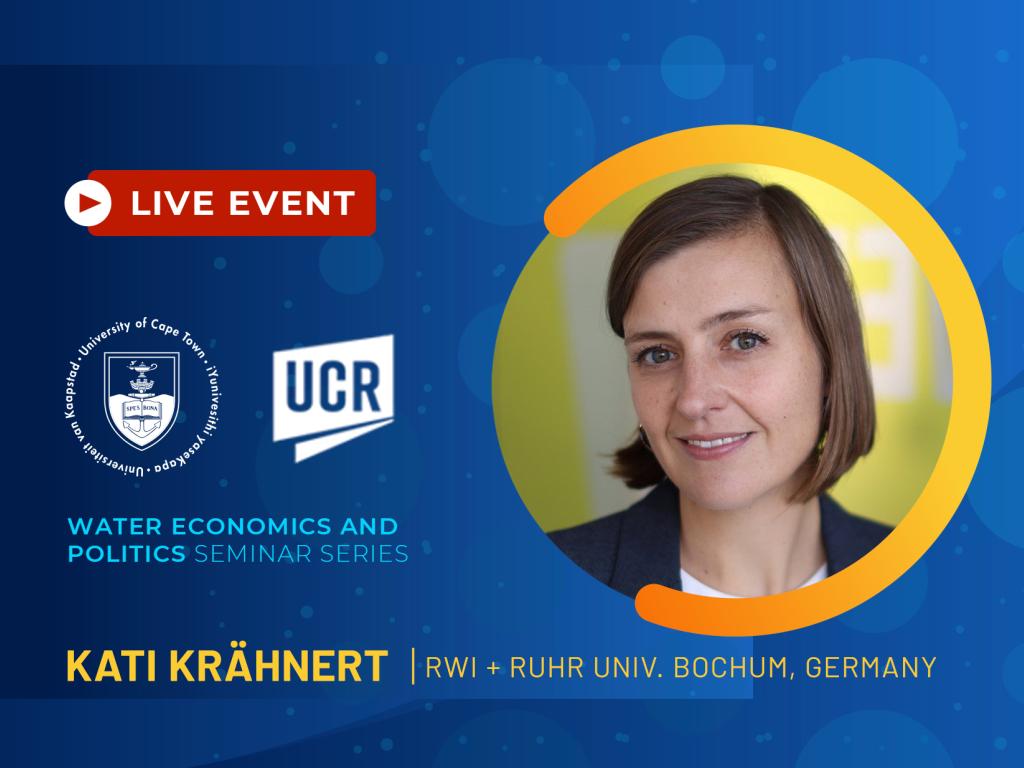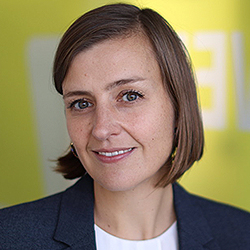Charity hazard in climate disaster response: The effect of humanitarian cash transfers on demand for agricultural insurance


Times
Wed, 17 Sep 25
16:00 - 17:00
Water Economics and Politics Seminar Series
/ Climate change and water resources management
Speaker: Prof. Dr Kati Krähnert | RWI – Leibniz Institute for Economic Research and Ruhr University Bochum (RUB), Germany
Time: 16:00 South African Standard Time (SAST) | GMT +2
Topic: Providing assistance in the context of weather disasters can have unintended negative consequences if it disincentivises households to adapt to climate risks. This dilemma, known as charity hazard, is well justified by economic theory, yet empirical evidence remains scarce. Our paper analyses the effect of randomly distributed cash transfers during an extreme winter event on the demand for agricultural insurance among pastoralist households in Mongolia. We find that receiving the transfer does not crowd out the uptake of insurance covering weather risks in the subsequent year. Among households that have purchased insurance in the past, we find that the cash transfers significantly increase the probability of repurchasing insurance.
1 Joint work with Svenja Fluhrer, Julian Roeckert and Lukas Mogge

About the speaker: Kati Krähnert is a researcher in the Policy Lab "Climate Change, Development and Migration" at RWI – Leibniz Institute for Economic Research and Professor of Climate Change and Development at Ruhr University Bochum. She studies the effects of climate change on the lives of individuals in the Global South. In doing so, she considers various dimensions of human well-being, such as income, wealth, land ownership, nutrition, education and health. Another research focus is the evaluation of climate adaptation instruments, in particular weather insurance for smallholder farm households and humanitarian aid delivered in the context of extreme weather events. Her research mainly builds on new, carefully designed household surveys, which she collects with her team and in cooperation with local partners. Completed, ongoing and upcoming data collections are taking place in Mongolia, Ghana, Senegal and Vietnam.